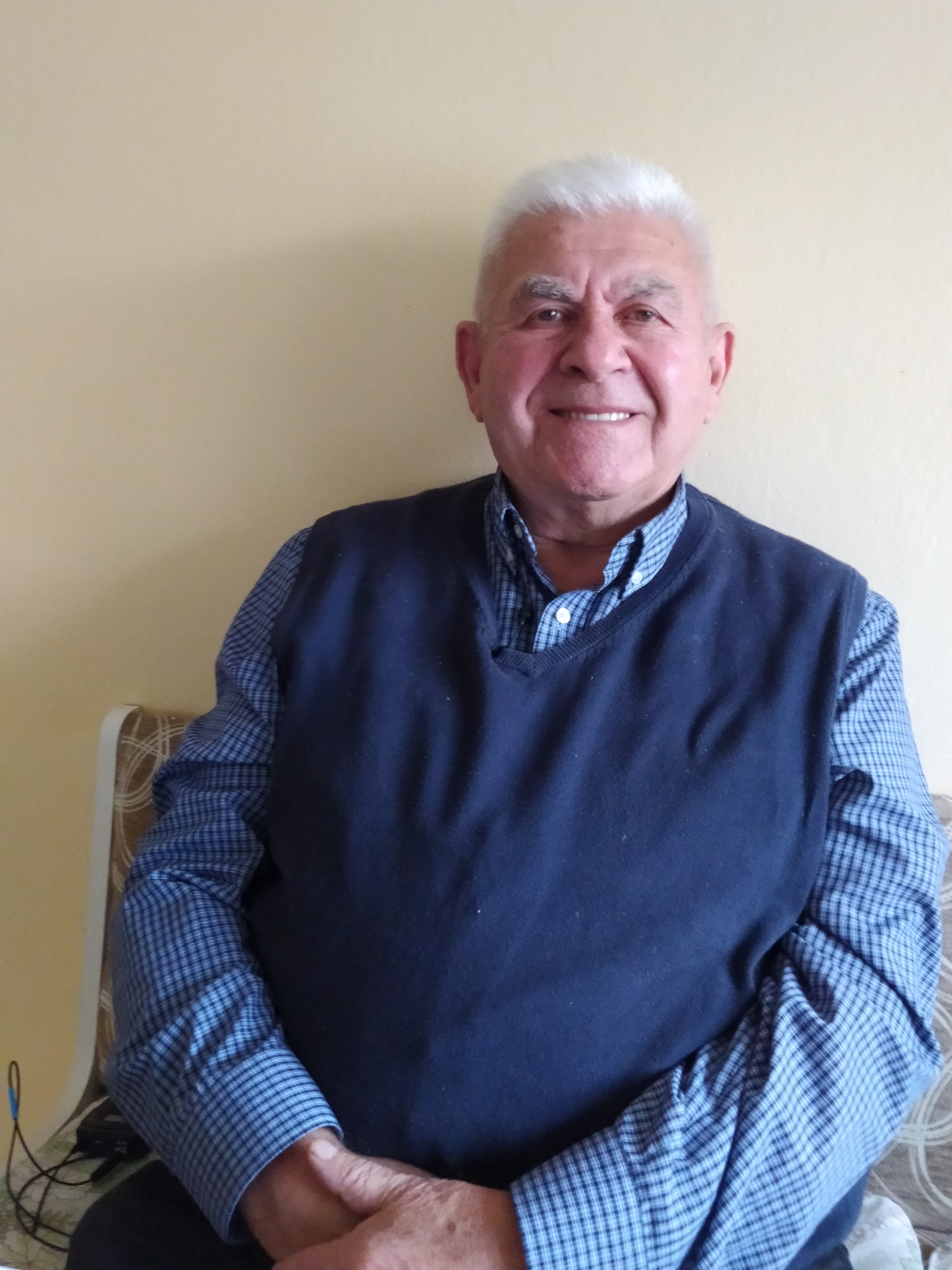A children‘s rifle aimed at bombers, then real explosions thundered

Stáhnout obrázek
Karel Fiedler was born on 8 April 1939 in Mladá Boleslav. His father‘s family came from Řepov, where they ran a small farm. Karel‘s mother Marie came from Ujkovice, her father fought in the First World War as a legionary and was killed in Russia. Karel and Marie Fiedler had three children, two daughters and a son. Their grandparents lived in the house with them and they all took care of the family farm. Twice during the war, German officers stayed in the house and spent the night there. On one occasion, a German garrison staying in Řepov demanded Fiedlers to take their horse to pull their frozen truck. The most vivid memory Karel retained was from the very end of the war, May 9, when he witnessed the bombing of Mladá Boleslav by Soviet planes. Some of the bombs, fortunately defective, fell directly on Řepov. Karel and his family survived the air raid unscathed. A few years later, as part of the collectivisation of agriculture, they lost their farm and also a considerable part of their savings due to the currency reform. Karel‘s father died of a stroke at the age of 47 and the children grew up with their widowed mother. Karel himself stayed in the house for a while after his military service, but then got married and moved to Dobrovice. In 2021 he was living in Mladá Boleslav.

